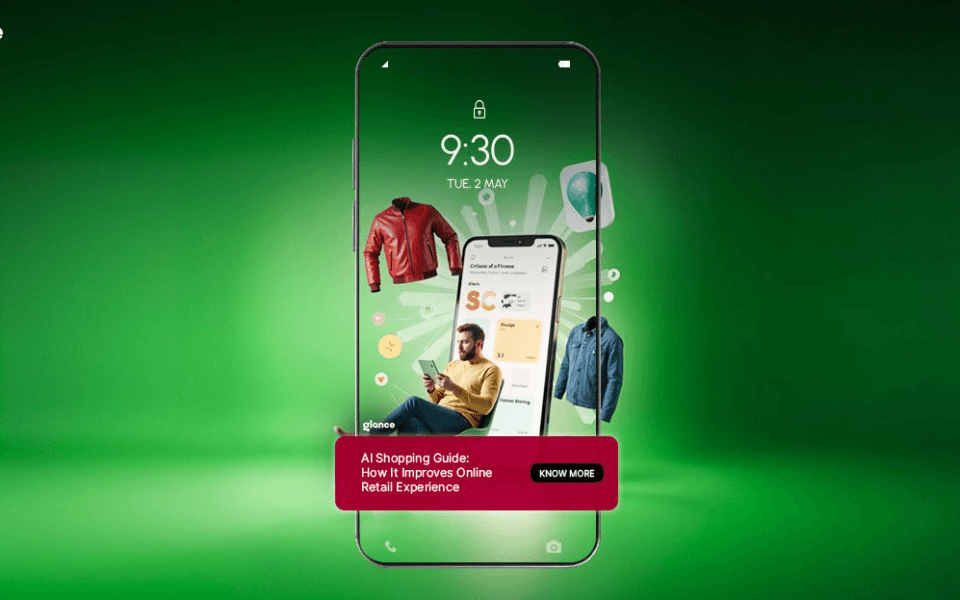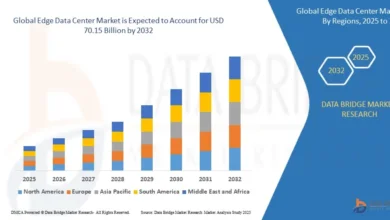Ethical AI in Fashion: Balancing Innovation with Responsibility
Discover how ethical AI fashion is shaping a responsible future in 2025 through innovation, transparency, and sustainable tech.

As artificial intelligence reshapes the fabric of the fashion industry, ethical AI fashion has become more than just a buzzword—it’s a necessity. With consumers becoming increasingly eco-conscious and regulators paying closer attention, American fashion brands in 2025 are facing a major crossroads: How can they leverage AI’s power to drive innovation while remaining accountable to people and the planet?
This blog explores how the fashion industry is striking that delicate balance between innovation and responsibility by diving into real-world practices, trends, and tech breakthroughs that are defining the future of ethical AI fashion.
Why Ethical AI Fashion Is Essential in 2025
The Sustainability Crisis
The fashion industry is facing a sustainability emergency. In the U.S. alone, a massive share of the 186 billion pounds of textile waste generated globally each year ends up in landfills—87%, to be precise. Gen-Z and Millennials are demanding sustainable, transparent practices and are no longer satisfied with greenwashing. They’re holding brands accountable, and AI is becoming part of the solution.
The Growing Role of AI
From digital design and inventory optimization to AI-generated style recommendations and virtual try-ons, artificial intelligence now touches every corner of fashion. But with greater influence comes greater responsibility. Ethical AI fashion is about ensuring AI is used in ways that are fair, secure, and inclusive—while also helping the planet.
“Brands that successfully navigate the convergence of sustainability, inclusivity, and digital transformation will be better positioned to meet evolving consumer demands while addressing critical environmental and social challenges.”
— Firework, June 2025
How AI Is Driving Responsible Innovation in Fashion
1. Reducing Waste and Overproduction
One of AI’s most promising roles in ethical AI fashion lies in minimizing waste. Brands are using predictive analytics and demand forecasting tools to align production with real-time consumer demand. The result? Less overproduction and fewer garments ending up in clearance bins or landfills.
Digital sampling and virtual try-ons further cut waste by reducing the need for physical prototypes and returned items. This shift not only benefits the environment but also improves brand profitability.
2. Enhancing Supply Chain Transparency
AI, in tandem with blockchain, enables end-to-end visibility of a garment’s journey. Today’s conscious consumers want to know where their clothes come from. Ethical AI fashion relies on technology to verify the origin of raw materials, factory working conditions, and transport emissions.
Brands can now scan supplier data and use tools like QR codes and RFID tags to validate ethical sourcing. These AI-driven tracking systems help detect irregularities, ensuring labor laws and eco-standards are upheld.
3. Promoting Fair Labor and Data Privacy
AI-powered computer vision is revolutionizing how brands audit labor practices. Anonymized factory footage is scanned for compliance with safety and fairness standards—all while protecting workers’ identities.
In terms of consumer data, ethical AI fashion means developing recommendation engines and personalization systems that prioritize transparency and privacy. Secure systems with regular audits help reduce algorithmic bias and misuse of personal information.
“AI is helping fashion brands become smarter, faster, and more customer-focused, but its real power lies in making the industry more ethical and sustainable—from responsible sourcing to environmental impact tracking.”
— api4ai, 2025
4. Supporting Circular Fashion
Circular fashion is the future, and AI is a key enabler. Algorithms now help brands sort textile waste more effectively, identify recyclable fibers, and divert up to 70% of waste from landfills.
By incorporating sustainable AI fashion practices, brands are closing the loop—transforming waste into new, desirable products and reducing their environmental footprint in the process.
5. Hyper-Personalization Done Right
AI-powered personalization boosts customer satisfaction and reduces return rates. But ethical AI fashion calls for more than just accurate sizing and style suggestions. It demands fairness in algorithms, minimal data intrusion, and respectful handling of personal preferences.
This is where generative AI platforms like Glance AI shine. Designed with privacy in mind, Glance AI offers a visual-first, opt-in experience that tailors outfits based on body type, lifestyle, and preferences—without compromising user data. It creates inclusive looks in real time and allows users to shop instantly through their smartphone lock screens.
Check out Glance AI for more.
Real-World Examples of Ethical AI Fashion in Action
- Zara and H&M are pioneering AI-powered inventory systems to minimize unsold stock while improving sourcing transparency.
- Nike is combining predictive analytics with blockchain to ensure both efficiency and ethical labor practices.
- MirrorSize, an AI-based fit-tech startup, is minimizing product returns through highly accurate virtual sizing tools that also protect consumer privacy.
- Brands adopting AI + blockchain are building stronger trust with their audiences through traceability, verified certifications, and transparent data-sharing.
These leaders are not just innovating—they’re setting new benchmarks for responsible fashion AI.
What Consumers Want: Accountability and Transparency
The new generation of shoppers isn’t just buying clothes; they’re buying values. Gen-Z and Millennials expect brands to walk the talk when it comes to sustainability, inclusivity, and fairness.
Sustainability as a Competitive Edge
Brands that adopt ethical AI fashion practices are seeing higher loyalty and customer retention rates. In an increasingly crowded marketplace, being sustainable and responsible is a major differentiator.
Regulation Is on the Rise
With governments pushing for more transparency in supply chains and ethical use of AI, compliance isn’t optional anymore—it’s the baseline.
Companies are proactively using AI and blockchain to meet these new standards and future-proof their operations.
Tech-Driven Accountability
From AI audits and impact tracking to eco-certification validation, technology is making it easier than ever for consumers to verify a brand’s ethical claims. And with platforms like Glance AI introducing more transparency into fashion recommendations, the consumer experience is evolving into one of inspiration and trust.
Expert Voices That Matter
“AI is enabling brands to serve customers better and faster—but also to meet their deeper values. From inclusivity to environmental responsibility, ethical AI is no longer optional.”
— api4ai, 2025
“The shift from transactional to inspirational shopping isn’t just about tech. It’s about giving people choices that reflect who they are and what they believe in.”
— Firework, June 2025
Final Takeaways for Brands and Shoppers
For Brands:
Embracing ethical AI fashion isn’t just a moral imperative—it’s a smart business move. It enhances trust, supports sustainability goals, and appeals to a socially aware customer base. Responsible innovation is the path forward.
For Shoppers:
Support brands that align with your values. Ask where your clothes come from. Expect data transparency. Embrace platforms like Glance AI that give you more control and creativity without compromising ethics.
Conclusion: A Future Woven with Responsibility
Ethical AI fashion is setting the new standard for how style and technology coexist. As American fashion continues to evolve in 2025, the fusion of sustainability, transparency, and AI innovation is reshaping the industry—for the better.
Whether you’re a designer, retailer, or everyday shopper, the future of fashion is in your hands. Choose wisely, dress responsibly, and let AI help you reimagine what’s possible—without losing sight of what matters most.





